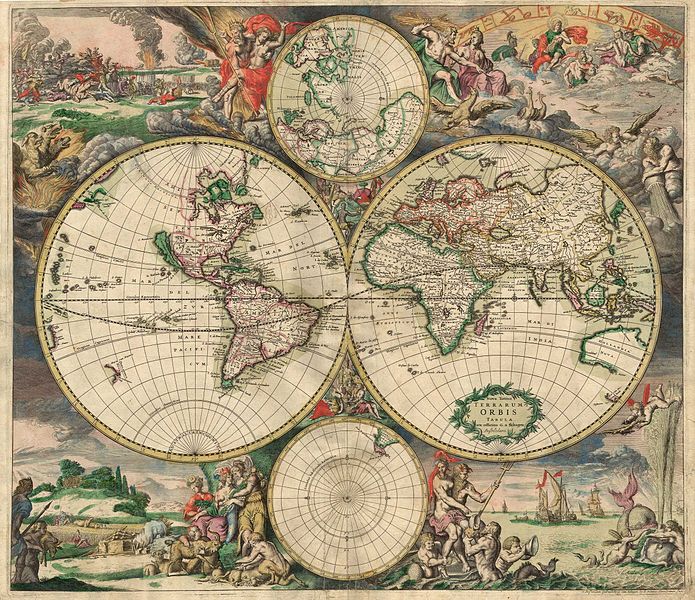Memory and forgetting: Coming to terms with a country’s past

Any discussion about coming to terms with a country’s past must contend with several things: At what point do people want to remember? Are the ones who want to remember in a position of sufficient authority to be able to do so? And do they want to remember everything, however painful?
It’s not always possible for a country to remember everything right away, after a climactic event. For instance, India, the country of my birth, talks very little, if at all, about the Indians who actively helped (and supported) the British Raj. Obviously, there were many – no foreign entity could have lasted and profited on another’s soil without the active collusion of local people.
And then there is the support for a mainly domestic movement that seems to turn a country’s trajectory around. For instance, Afghanistan’s return to Taliban rule. The Taliban are not an invading force, by any means and there is more support for them domestically than the western media will have you know. How that will be remembered by Afghans themselves, at some future point in the country’s history, is hard to know.
Somewhat similar, if in a different vein, is the period of Spanish history marked by the start (and finish) of the civil war – 1936 to 1939 – and the subsequent 36-year rule of Franco. Spain hasn’t really come to terms with all of that, not yet. But this is normal for countries, as Javier Cercas, a Spanish writer and professor of literature at the University of Girona, recently told Yascha Mounk of Persuasion. We’ll discuss this notion of slow remembering tomorrow.
Tomorrow: Javier Cercas on Spain’s battle with memory

